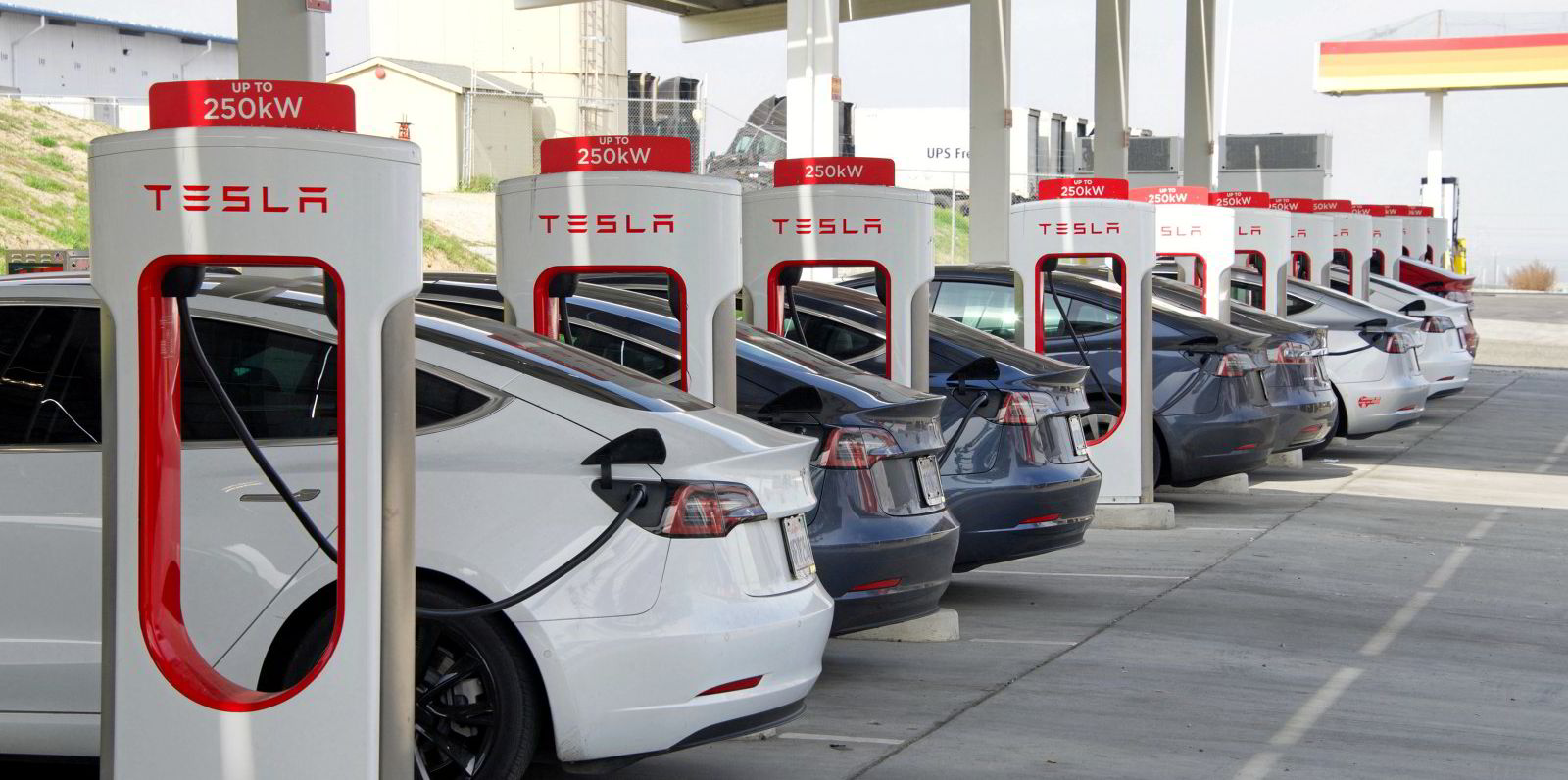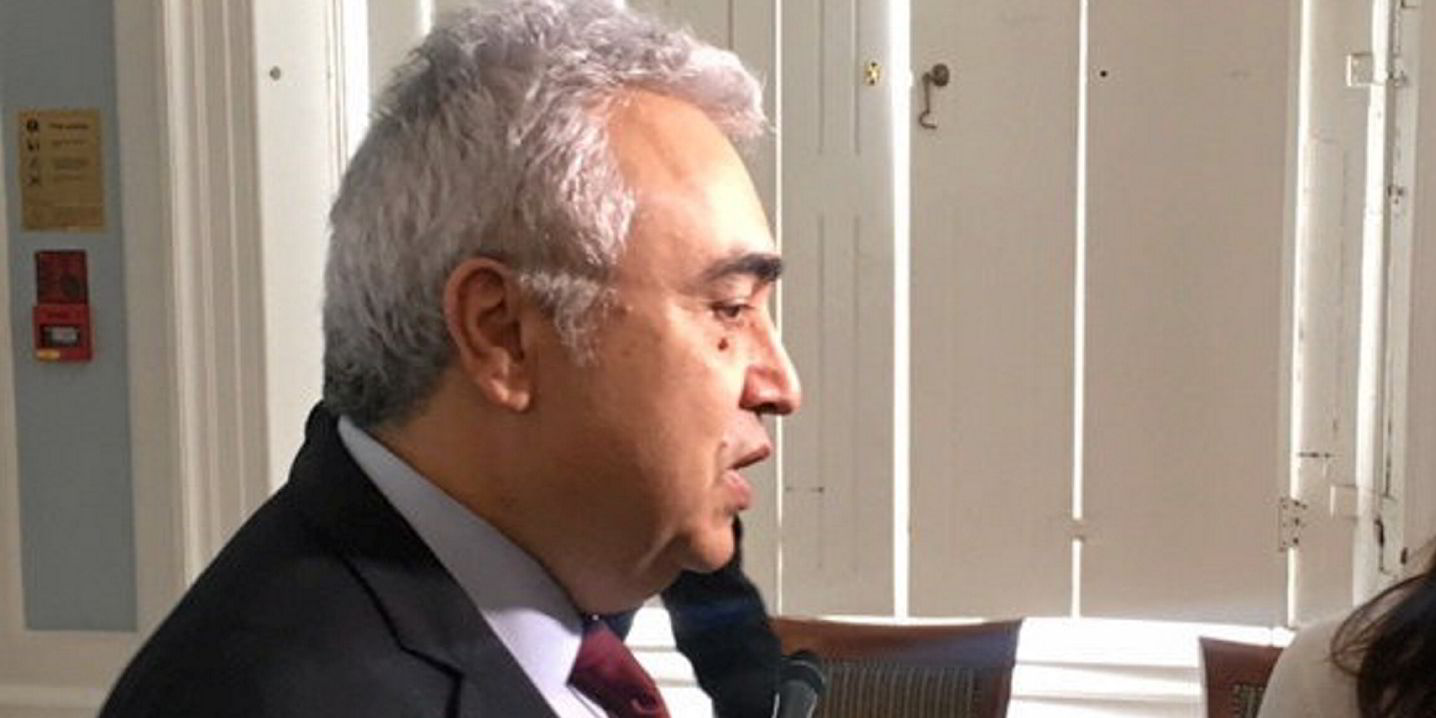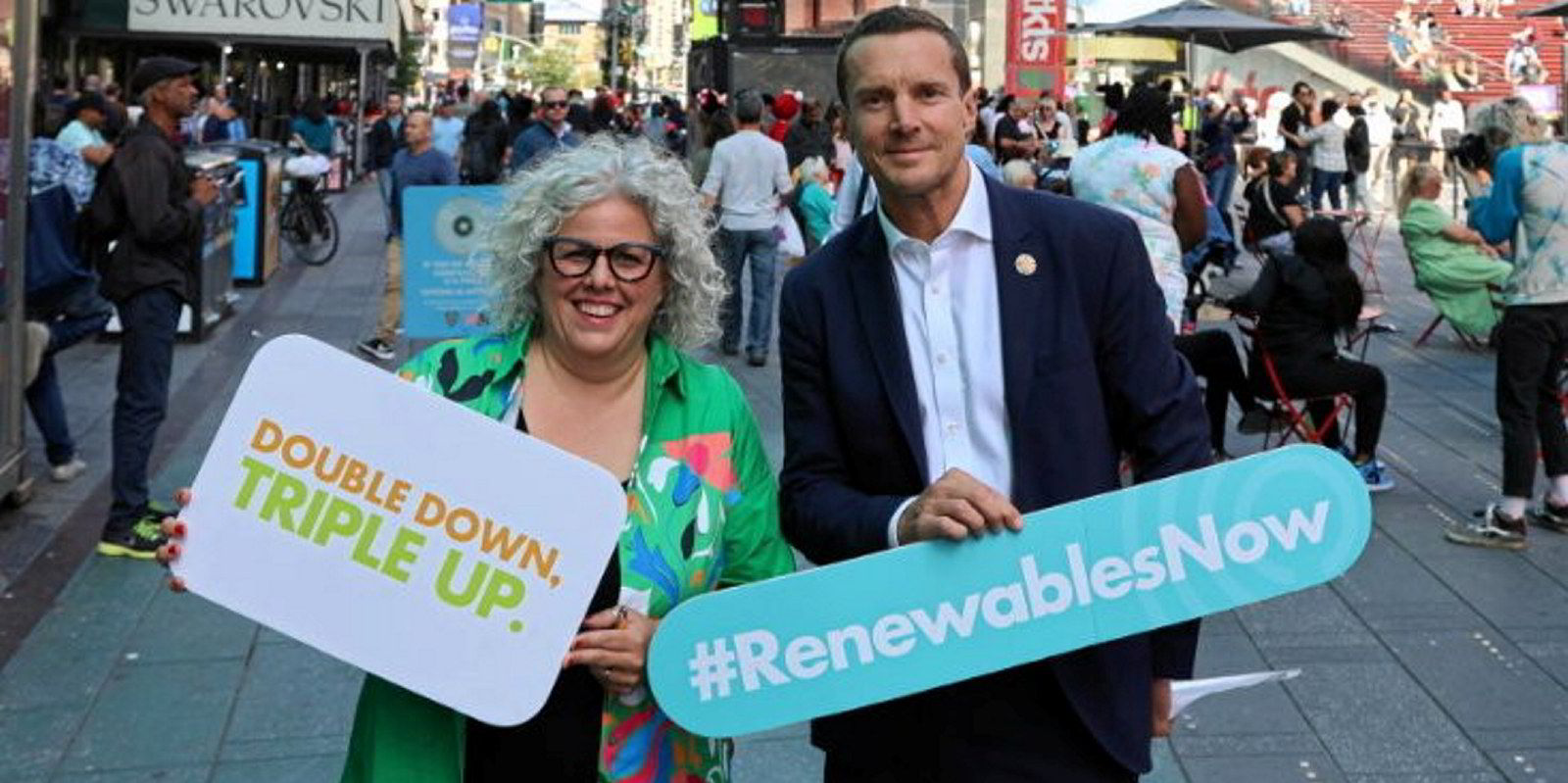Electrified transport has raced past renewable energy as the largest source of investment in the energy transition, says a BloombergNEF report, while global clean tech spending hit a record $1.8 trillion but remains miles off what is needed to reach Paris targets.
Investment in electrified transport reached $634bn last year, a 36% increase on 2022. It now makes up more than a third of total global investment in clean tech, according to BNEF’s latest Energy Transition Investment Trends report.
The renewable energy sector has fallen into second spot with $623bn of investment, thanks to a more sluggish growth rate of 8%.
Power grids, which are key to bringing new renewable energy sources online, were the third largest source of investment in the energy transition at $310bn.
BNEF says the “far slower growth rate” of renewables compared to the two previous years – when investment rose by 24% and 25%, respectively – is due to the “declining costs for solar modules globally and Chinese wind turbines.”
This means that while there was a modest 12% rise in investment in solar (up to $393bn), capacity jumped by 64%, with an estimated 414GW added last year.
Total wind investment meanwhile reached an all-time high of $217bn.
Offshore wind saw a record $77bn of financing in 2023, despite a “challenging macroeconomic environment.” Onshore wind investment, however, fell 17% compared to 2022, to $140bn.
While investment in the energy transition rose by 17% last year, Albert Cheung, Deputy CEO of BNEF, said that it “needs to grow more than 170% if we are to get on track for net zero in the coming years.”
“Our report shows just how quickly the clean energy opportunity is growing, and yet how far off track we still are,” he said.
China continues to dominate as a contributor to energy transition investment, with its $676bn spending making up 38% of the global total.
However, its investment in renewable energy fell last year by 11%, which BNEF again put down to the cheaper cost of wind and solar equipment.
Investment in US renewables meanwhile grew by 60%, “driven by greater clarity on the Inflation Reduction Act and easing supply chain constraints for solar.”
Investment in the global clean energy supply chain, including equipment factories and battery metals production, hit a new record at $135bn, said BNEF, and is “set to surge further over the next two years.”




